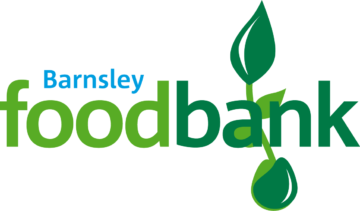About
How foodbanks work
Providing emergency food to people in crisis.
Everyday people in the UK go hungry for reasons ranging from redundancy to receiving an unexpected bill on a low income. A simple box of food makes a big difference, with food banks helping to prevent crime, housing loss, family breakdown, debt and mental health problems.
Food is donated
Schools, churches, businesses and individuals donate non-perishable, in-date food to a food bank. Large collections often take place as part of Harvest Festival celebrations, collections in the run up to Christmas or the Summer holidays and throughout the year food is also collected at supermarkets.
Food is sorted and stored
Volunteers sort food to check that it’s in date and pack it into boxes ready to be given to people in need. It is sorted into date order, packed away onto shelves, then picked into food parcels for individuals experiencing financial crisis. Over 65’s are also able to contact referral agents to receive a food parcel for emergency support.
Professionals identify people in need and getting help
Food banks partner with a wide range of care professionals such as doctors, health visitors, social workers and police to identify people in crisis and issue them with a food bank voucher. So if you are struggling and are in financial difficulty and need help, you can access food bank supplies by contacting one of our referral partners in Barnsley. Our referral agents include: Citizens Advice Bureau, DIAL, Berneslai Homes, Credit Union, Schools, Family Centres, Housing Teams and Social Services.
Clients receive food
Food bank clients bring their voucher to the agreed food bank centre where it can be redeemed for a three day emergency food parcel. Volunteers meet clients over a warm drink or free hot meal and are able to signpost people to agencies able to solve the longer-term problem.
